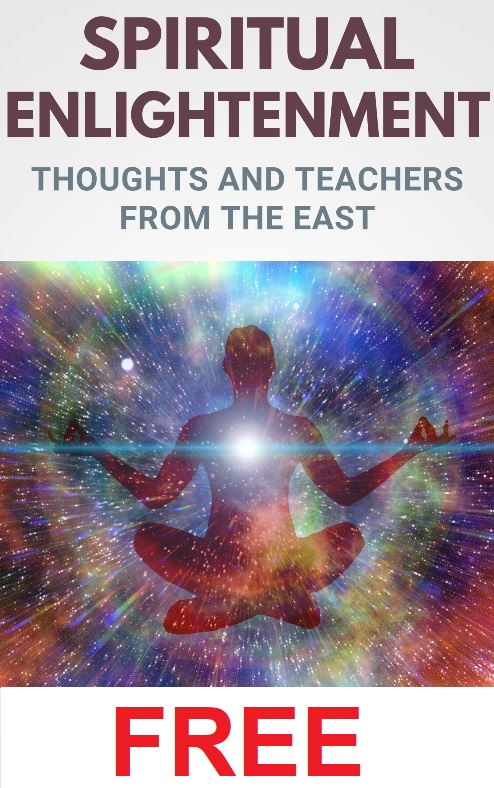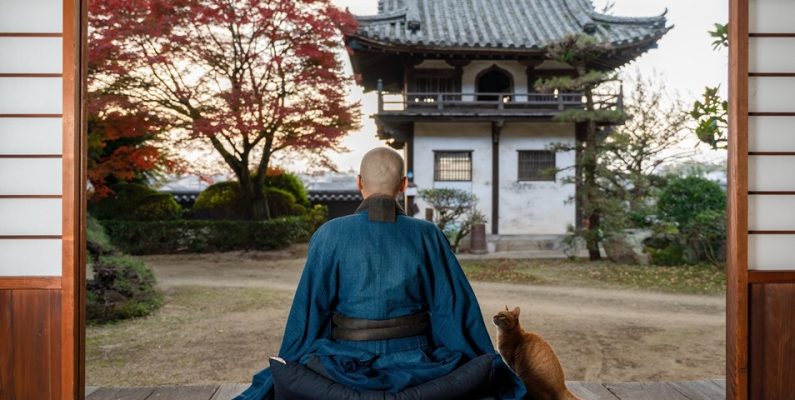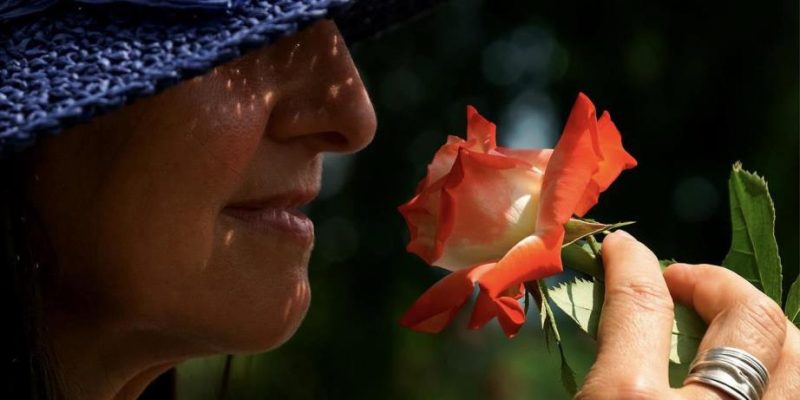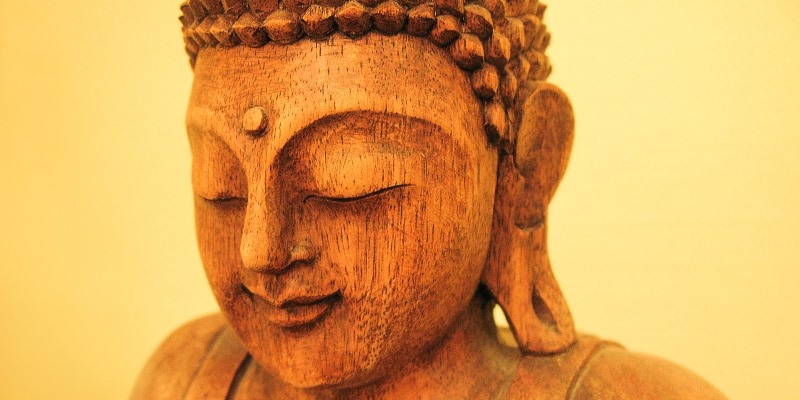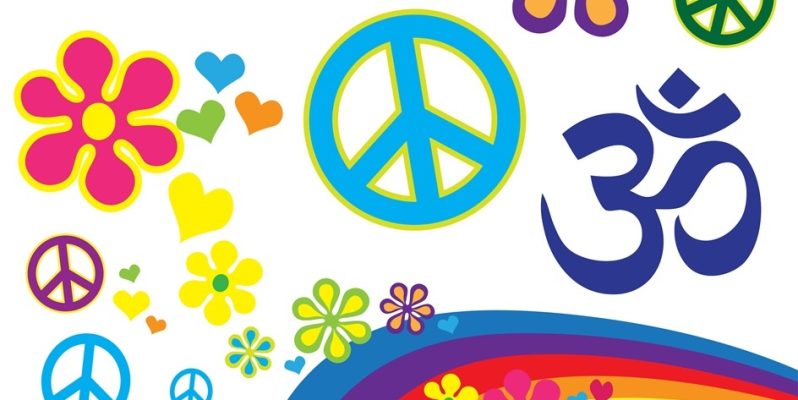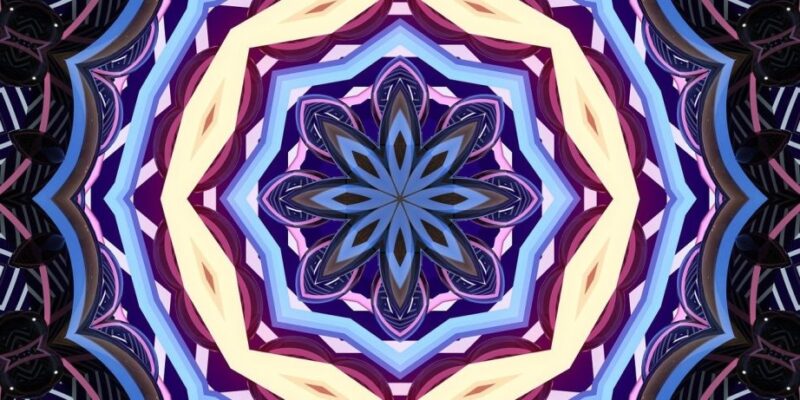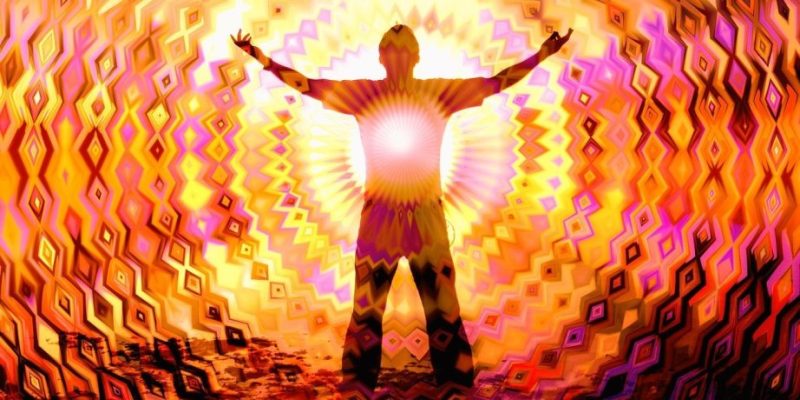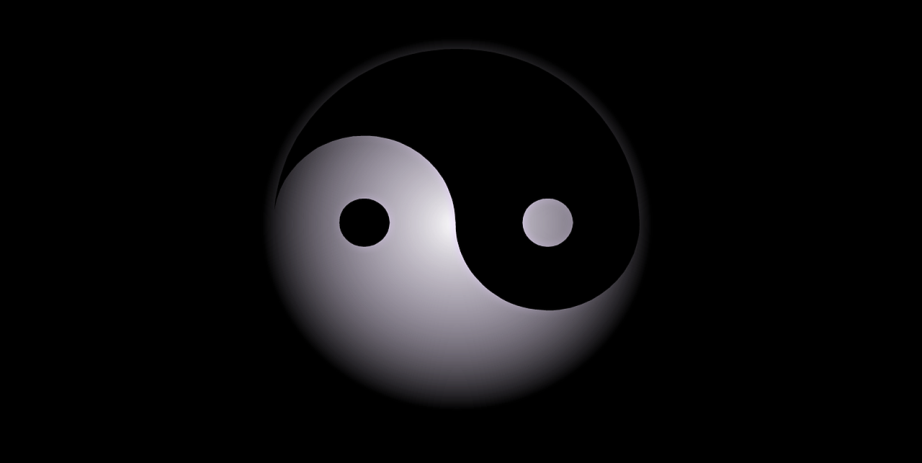
Nondualism includes several philosophical and spiritual approaches and traditions that appeared across cultures and over time, in which it’s claimed that there’s no fundamental duality in (our) existence.

As an approach, or rather as a way of life, it questions the boundaries and distinctions between the Self, the other, Nature, and God (or Universal Principle), mind and body, observer and observed, our consciousness, its contents, and awareness, good and bad, right and wrong, and other perceptions of reality.
In a general sense one could state that Nondualism underlines unity amid diversity. Not only on a spiritual level, but also materially and phenomenally in our day-to-day life experiences.
Nondualism as a way of life strongly focuses on a personal and practical, direct experience of non-duality (or unity) in existence, rather than being (only) an intellectual discipline. Knowledge of the non-dual reality needs to be first-hand, a living truth.
According to those who’ve realized non-duality in their lives, there are different ways to come to a non-dual Self-Realization, which may include meditation, study of (sacred) texts and literature about the topic, (Yogic) exercises, Self-Inquiry, Guru-disciple sessions or Satsangs, among other methods and techniques.

One of the core aims of Nondualism is to help aspirants i.e. practitioners to bypass and transcend the limitations of conceptual understanding by developing a more immediate and intuitive form of knowledge, supporting them in directly experiencing the underlying (spiritual) unity of existence, together with the bliss and happiness that comes along with that.
In addition, the idea is that non-duality can only be experienced by developing an attitude of being fully aware of the present moment, the now-and-here, without conceptual judgements of the phenomenal content of what we experience, may that be our thoughts, emotions, others, or the material objects around us.
There are many different types and forms of Non-dualist traditions, such as Zen Buddhism, Taoism, Advaita Vedanta, Tantra, Chan Buddhism (Chinese lineage), and Dzogchen (Tibetan Tantric Buddhism), each with their own concepts, interpretations, and approach to the relationship between the all (the world phenomena and the absolute) and the individual (the self).

